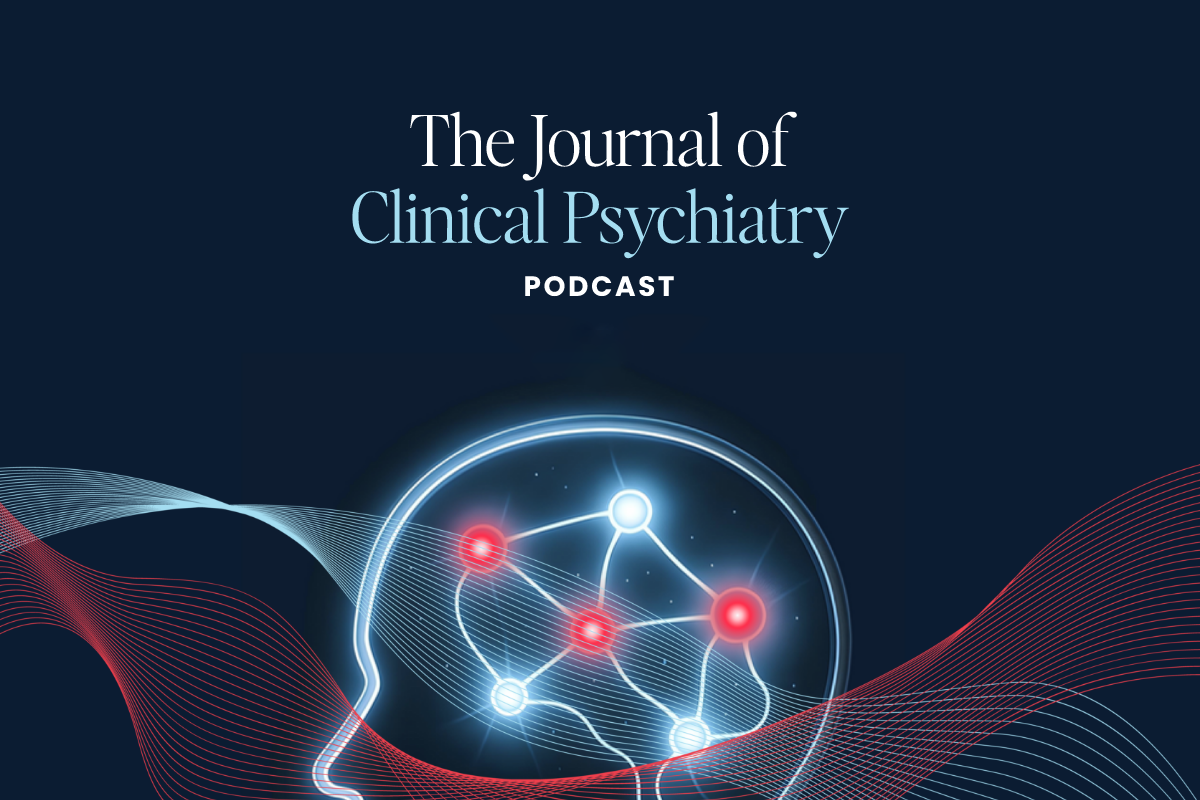Dogs are the best. It’s not like we need any more scientific data to remind us, but it never hurts.
A team of ELTE Eötvös Loránd University researchers wanted to better understand the dog’s role in human social networks. So the Hungarian scientists compared human-dog relationships to human-human ties by using more than a dozen relationship scales.
Based on what they discovered, the researchers characterized the owner-dog bond as a mix of child and best friend relationships. They explain that it combines positive aspects of the child relationship without the drawbacks of normal friendships, topped off with a high level of control over the animal.
“Unlike in human relationships, dog owners maintain full control over their dogs as they make most of the decisions, contributing to the high satisfaction owners report. Compared to humans, the relationship with dogs involves few conflicts and minimal negative interactions” The power asymmetry, having control over a living being, is a fundamental aspect of dog ownership for many,” senior author and ethology department head Enikő Kubinyi said. “The results highlight that dogs occupy a unique place in our social world – offering the emotional closeness of a child, the ease of a best friend, and the predictability of a relationship shaped by human control – revealing why our bonds with them are often so deeply fulfilling.”
Notably, most of the dog owners rated their pet relationships far higher than any human connection they’re part of. But the study also revealed that more support in human relationships lines up with greater support in dog-owner bonds. This, the study’s authors suggest, means that dogs complement human relationships, instead of simply making up for their deficiencies.
“We expected that people with weak human relationships would rely more on their dogs for support, but our results contradict this,” co-author Dorottya Ujfalussy added. “In our sample, people did not seem to use dogs to compensate for the insufficient support in their human relationships.”
The Relationships
Obviously our relationship with man’s best friend has evolved dramatically since domestication. Even though they started out as working animals, dogs have since become cherished companions, often considered “substitute children.” Fur babies, apparently, aren’t just an American thing.
Despite all of this, we still don’t know all that much about the specific social roles dogs play in our web of relationships.
Human social networks consist of different partners who offer varying levels of support.
For example:
- Romantic partners offer intimacy and aid.
- Children give us nurturing opportunities as well as relationship security.
- And best friends remain reliable low-conflict companions.
The study, appearing this week in Nature’s Scientific Reports, examined how dogs compare to these human relationships.
The Backstory
More than 700 dog owners graded 13 relationship characteristics regarding their dogs and a quartet of human partners: their child, romantic partner, closest relative, and best friend.
The results showed that owners rated their bond with their dog as the most satisfying and their best source of companionship. The dog owners also felt that their dog loved them the most among all partners (which is fair).
Additionally – and equally understandably – dogs scored high in nurturing and relationship security, right up there with children. The good boys also ranked low in antagonism and conflict, just like best friends. But it’s impossible to ignore the greater power imbalance that underlies our pet relationships.
“Unlike in human relationships, dog owners maintain full control over their dogs as they make most of the decisions, contributing to the high satisfaction owners report,” Kubinyi added. “Compared to humans, the relationship with dogs involves few conflicts and minimal negative interactions”
The researchers also examined how dog and human relationship ratings relate to one another and found that strong human relationships correlated with stronger pet bonds.
“We expected that people with weak human relationships would rely more on their dogs for support, but our results contradict this,” co-author Dorottya Ujfalussy admitted. “In our sample, people did not seem to use dogs to compensate for the insufficient support in their human relationships.”
A Quick Side Note
The researchers did concede, however, that their sample consisted of volunteers who were probably more satisfied with their relationships than the average dog owner. As a result, the study might not fully represent what more vulnerable individuals experience. They usually rely more heavily on their animals for emotional support.
“Dogs offer different kinds of emotional and social support depending on the needs of their owners,” first author Borbála Turcsán added. “Some people seek companionship and fun. Others need trust and stability. And some simply enjoy having someone to care for.”
Further Reading
Dogs Can Smell Our Stress And It Burns Them Out



